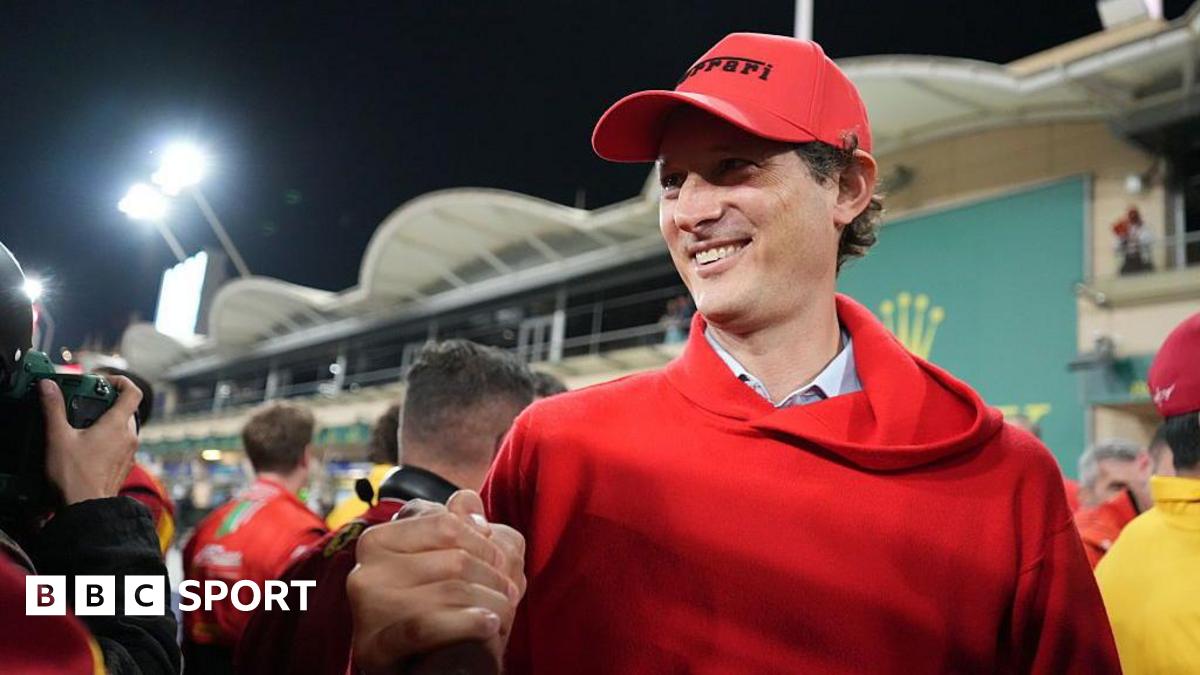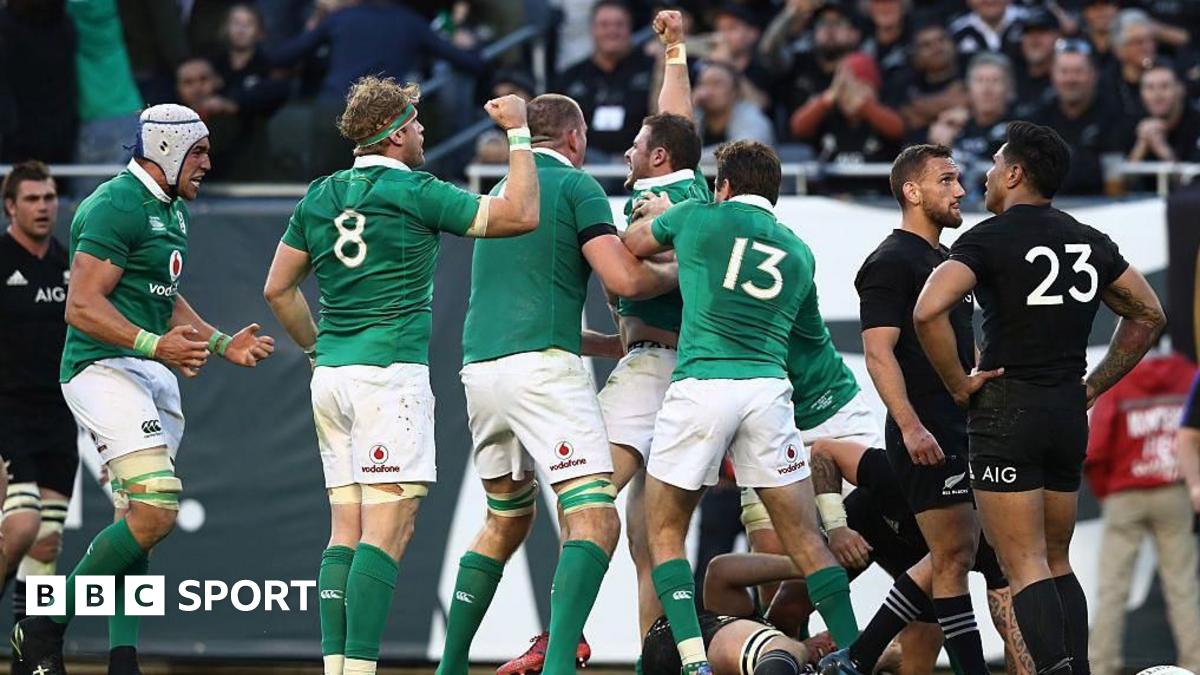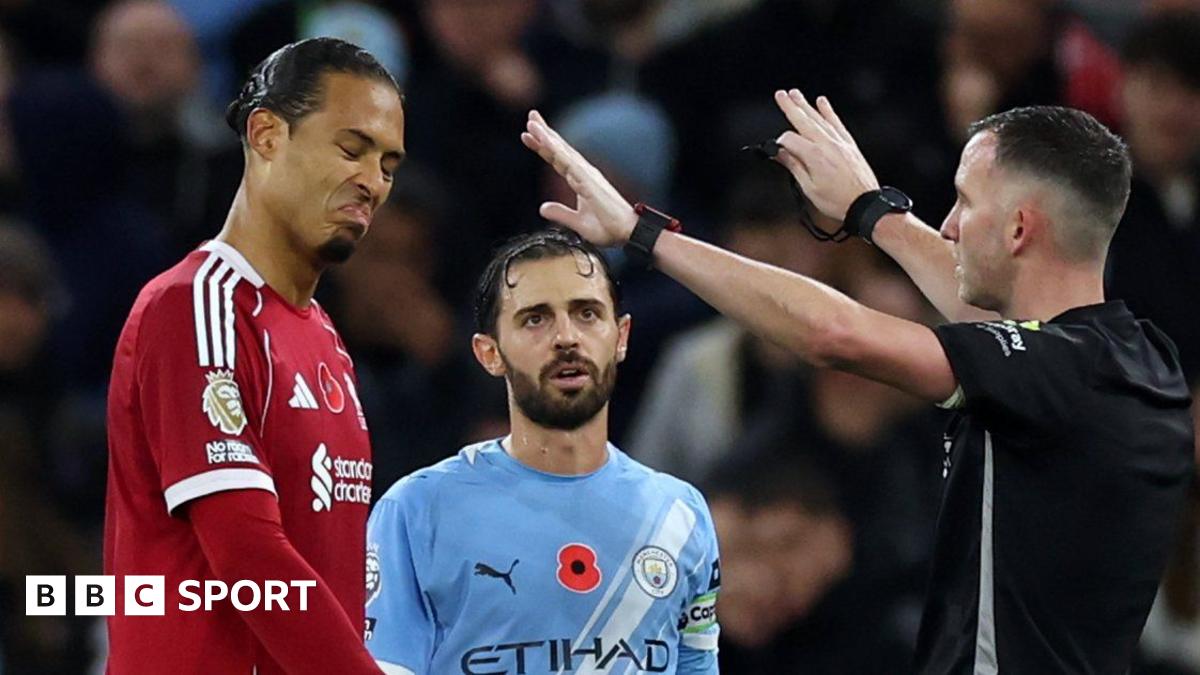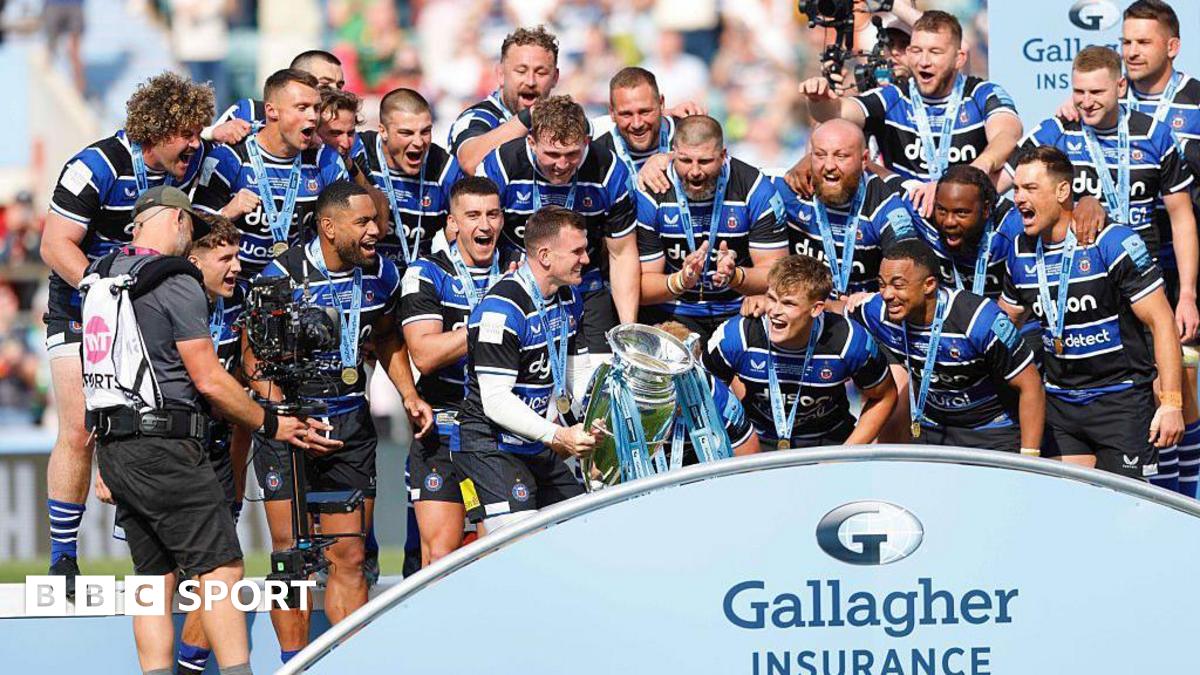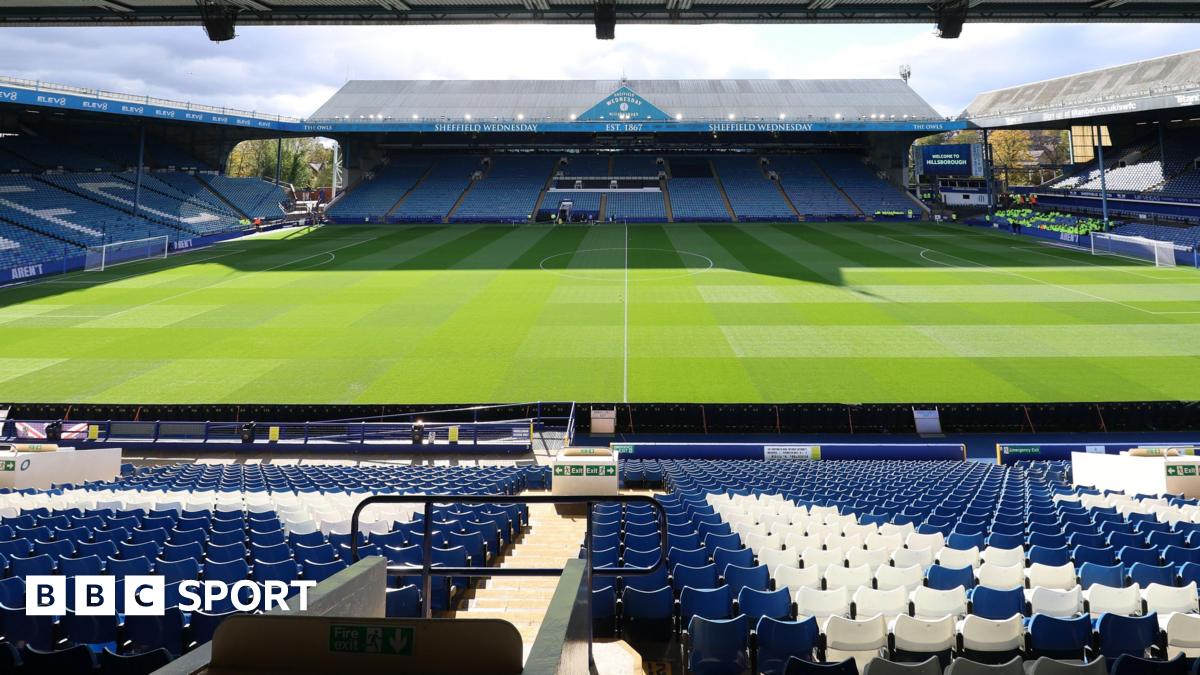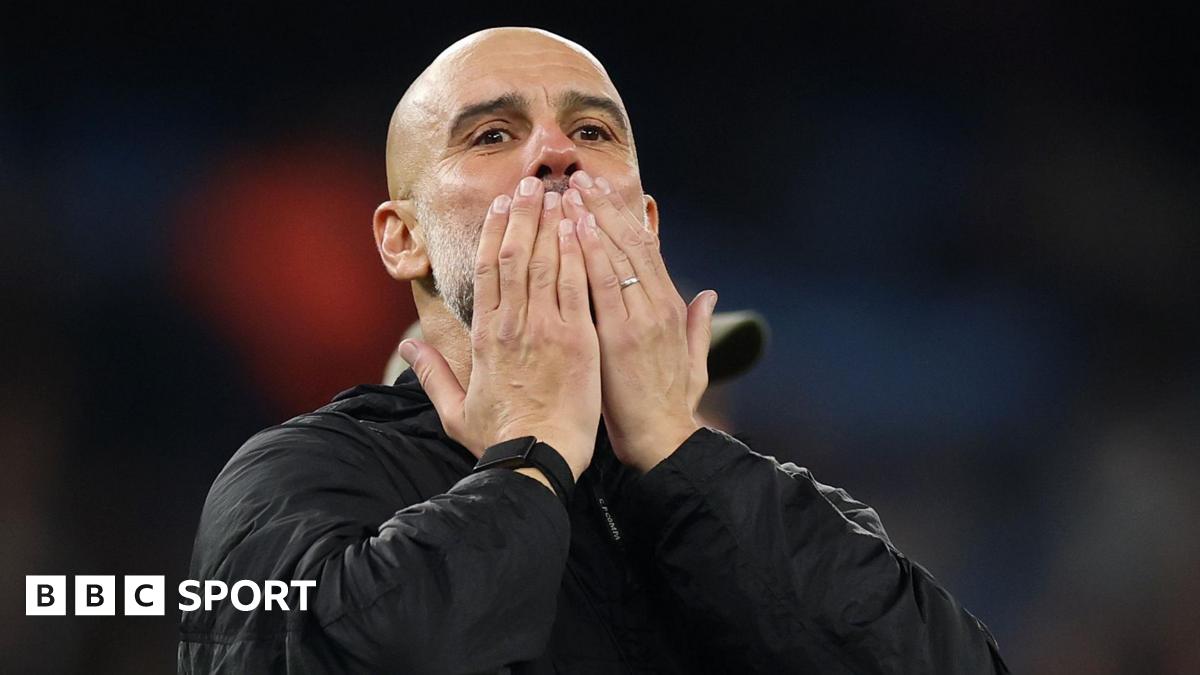Are black market tickets out of control?
ByTom Grundy
BBC Sport senior journalist
A BBC investigation has exposed just how easy it is to buy Premier League tickets on the black market.
We bought tickets from four websites labelled "unauthorised" by the Premier League and used them to attend four games last weekend.
The platforms claim to have tens of thousands of tickets available, although experts told us the numbers are likely inflated.
Reselling football tickets is illegal in the UK but these companies are based abroad in Spain, Dubai, Germany and Estonia - beyond the scope of UK law.
So, who are they? And what else did we learn?
The Premier League and clubs only permit sales on their own platforms and via official partners.
For example, several clubs have a relationship with Ticketmaster.
If a supporter cannot make a game, they are meant to sell or transfer their ticket on the official club exchange.
These tend to prioritise members and keep the resale price at face value. Normally the seller is paid in credit on their club account.
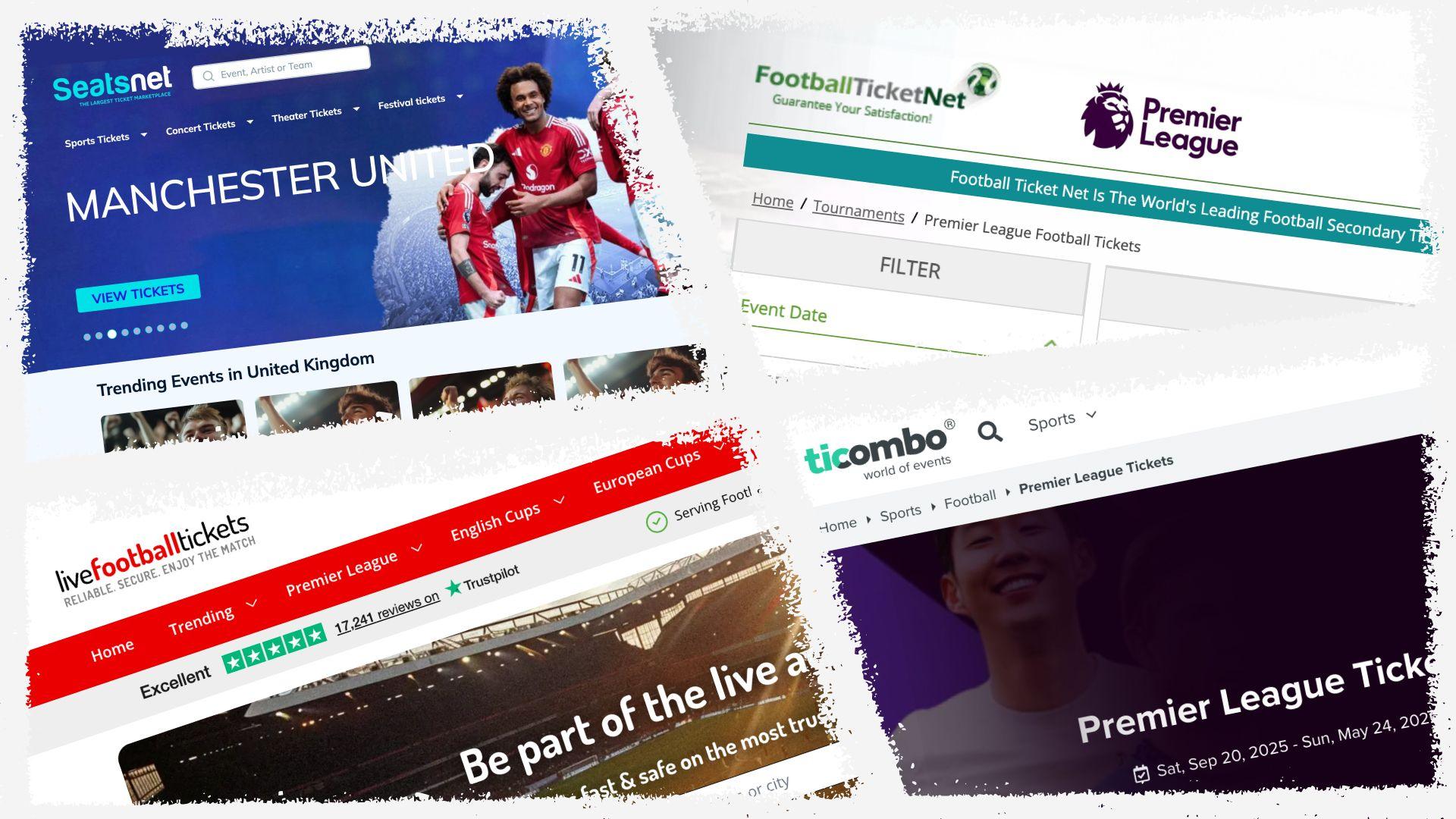
Nearly 33,000 tickets were listed for the four games we attended on these four websites
How did we get our tickets?
The Premier League publish a list of websites they deem "unauthorised". , external
We chose four sites from that list that appeared to have the most listings and were accessible to customers in the UK.
Seat numbers were rarely displayed. Instead seat locations such as "longside lower tier" and "shortside upper tier" were shown.
But almost every type of ticket was on there, including hospitality. Prices were showed in pounds and ranged from £55 to £14,962. In all cases a service fee of around 25% was included in the price we paid.
After completing our purchases the sellers were quick to get in touch. One from Seatsnet called us just seconds after paying.
They told us to expect a ticket, with a barcode, via email or Whatsapp in the coming days.
Later that week all the tickets did arrive - the one for Everton on the morning of the game. They were all digital tickets, downloaded from an online link, to be scanned at the ground.
Why does this matter?
You might be reading this and wondering what the problem is with a secondary ticket site, particularly if, in the case of the Manchester derby, it allowed you access to a sold-out game days before the match.
Our findings showed tickets were being sold for far higher than their face value, putting supporters buying them out of pocket.
In addition, the companies say they have thousands of tickets available. That means they have been taken out of general circulation so fans will find it harder to purchase tickets at normal values from the club.
Thirdly, there is a concern about segregation and safety.
No checks were made on who we supported. For the Manchester derby, for example, we could have been Manchester United fans in the City end.
What do we know about these companies?
These were the four internationally registered sites we used:
Live Football Tickets - Spain
Seatsnet - UAE
Ticombo - Germany
Football Tickets Net - Estonia
And it appears reselling Premier League tickets is big business for them.
Madrid based Livetix Group - the company behind Live Football Tickets - recorded revenue of 19m euros in their last public accounts.
Seatsnet were registered in one of Dubai's 'free zones', which offer tax exemptions and allow profits to be sent overseas.
 Image source, Getty Images
Image source, Getty Images
Thousands of Premier League ticket listings can be traced to the town of Engelberg in the Swiss Alps
'242,000 euros in cash for 820 World Cup tickets'
All these websites describe themselves as "ticket marketplaces", supposedly connecting buyers with sellers.
Only Ticombo, regularly displays who those sellers are.
And one seller - NGO Events - has more than 14,000 listings on the site.
But company records show NGO Events is not an independent trader. It is run by Thomas Senge, the managing director of Ticombo Switzerland.
Senge and Ticombo's chief executive Atle Barlaup also both used to sit on the board of WorldTix, another big seller on Ticombo.
All three companies appear to be linked and are registered in the same small Swiss town of Engelberg.
Ticombo told us NGO Events and WorldTix are "partners of Ticombo" but adhere to "the same obligations" as other traders.
Barlaup is a familiar name in the world of touting.
In 2011, he admitted to BBC Panorama that he had paid Fifa vice-president Jack Warner 242,000 euros in cash for 820 World Cup tickets.
Ticombo said Barlaup spoke to BBC Panorama to "highlight corruption within Fifa".
Football Ticket Net too has a chequered past.
They are currently registered in Estonia but their shareholders are from Israel.
Under a previous parent company - owned by one of the current shareholders - they were fined 600,000 euros by a French court for infringing Uefa's trademarks and selling tickets for European finals.
Live Football Tickets, Seatsnet and Football Ticket Net did not respond to our requests for comment.
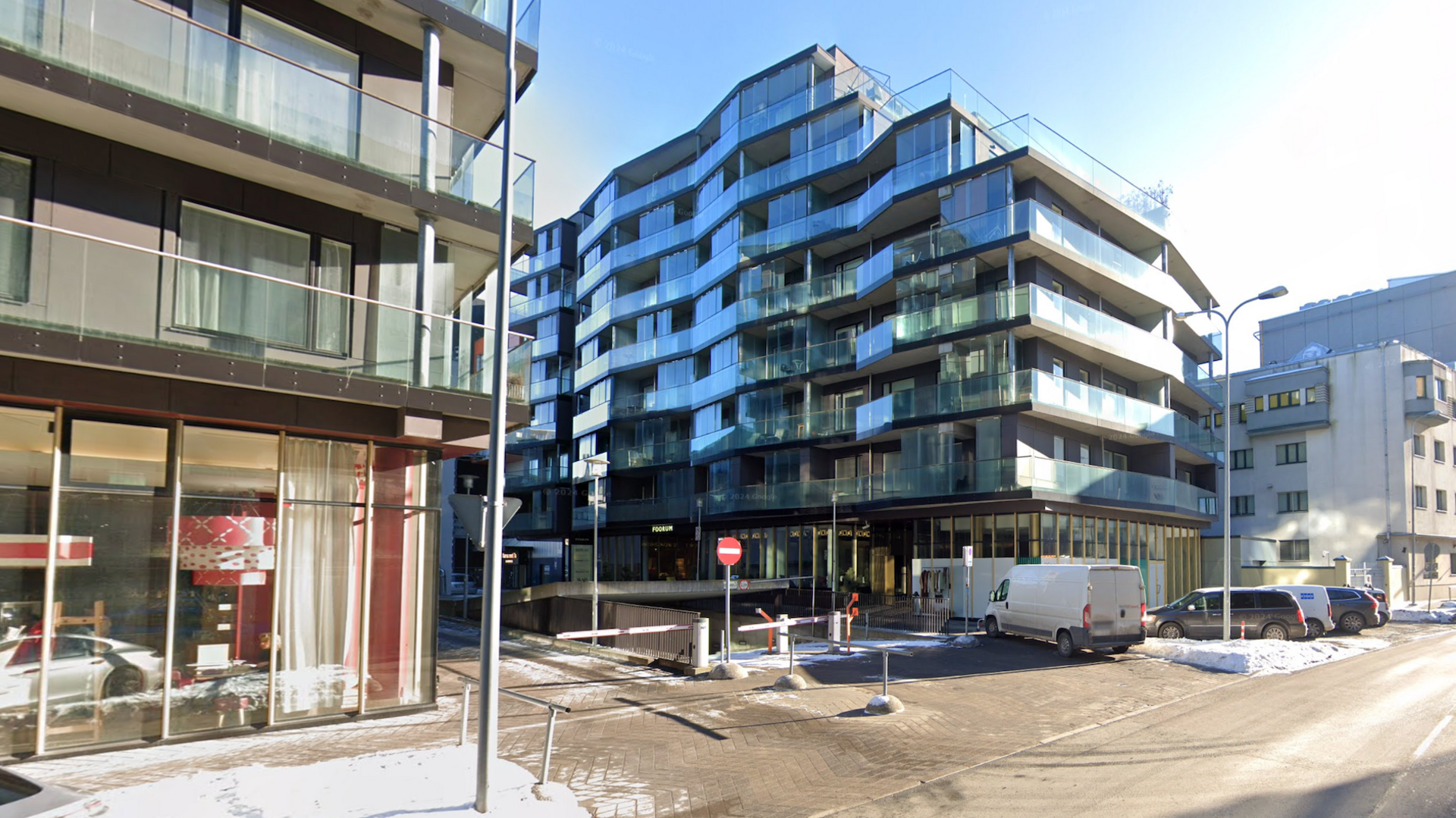 Image source, Google
Image source, Google
Football Ticket Net is registered at this building in Estonia's capital, Tallinn
Do the ticket always work?
Despite our four successes, getting through the turnstiles is not always straightforward with resold tickets.
We heard multiple accounts of supporters being refused entry.
"It's Wild West stuff," said Crystal Palace fan Matt.
He paid £400 on a separate site - Fanpass - so his 79-year-old uncle could attend May's FA Cup final, only for him to be turned away at the gate.
Wembley confirmed a duplicate ticket had been scanned 20 minutes beforehand.
In messages seen by the BBC, the seller bragged about sneaking 200 other people into the match.
Fanpass told us: "Our priority is to ensure that every customer is able to attend the event for which they have purchased tickets. Cases in which a customer is denied entry are extremely rare."
A Ticombo buyer, Alister had a similarly troubling experience.
When his ticket failed, a tout met him outside the Emirates to personally scan him in with a replacement.
Alister - a Nottingham Forest supporter - had planned to be in the away end. Once inside, he realised his new ticket had placed him among the home fans.
"The Arsenal fans didn't want us there," he said. "It was uncomfortable, inappropriate and completely unacceptable."
Arsenal told us they "take strong action against ticket touting".
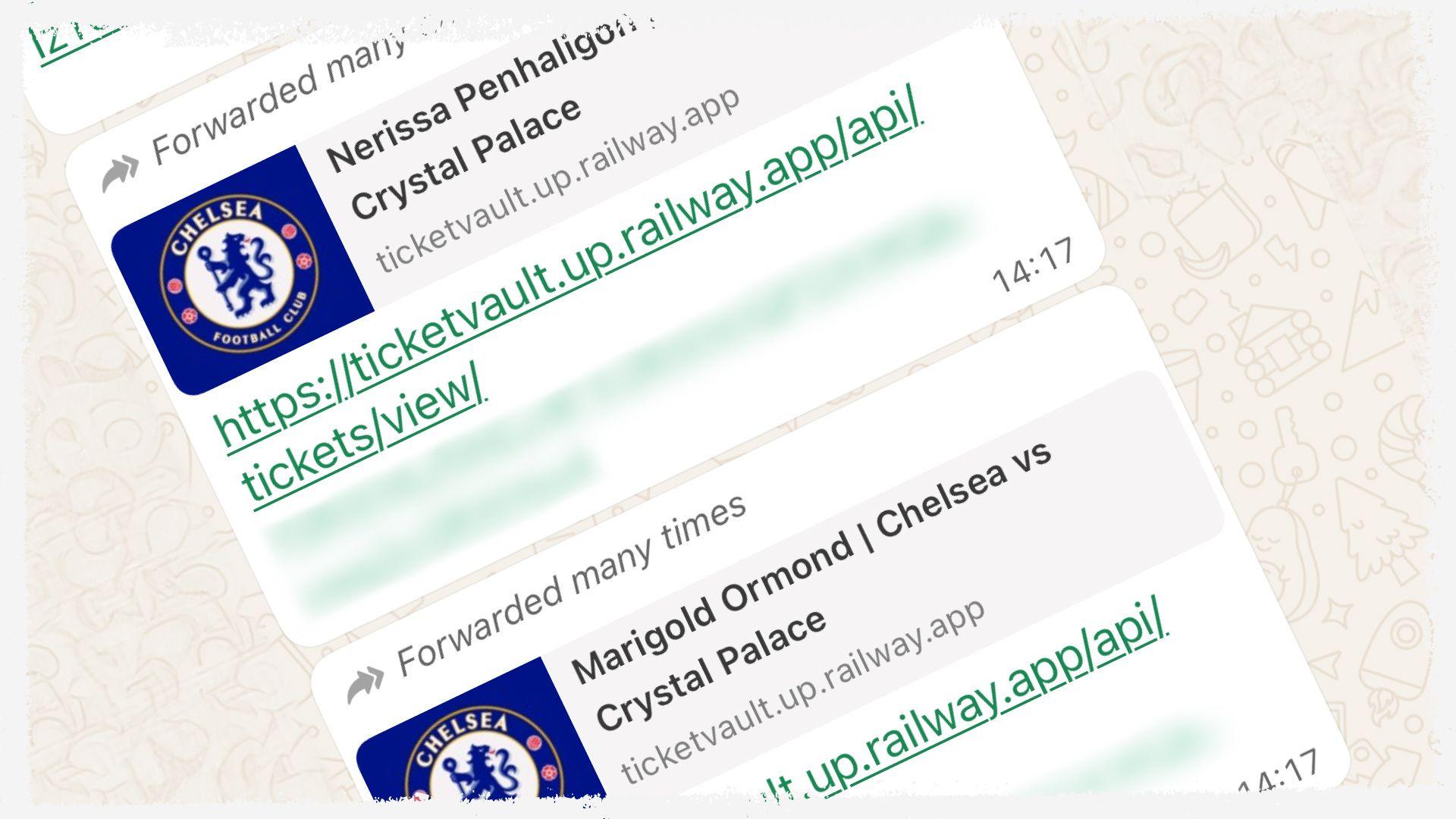
These two tickets for Stamford Bridge are likely to have been obtained using fake identities
How do tickets end up on the black market?
Many tickets are acquired by touts using bots and fake identities. We do not know if this is a method used by any of the companies we have mentioned.
Some tickets carry the name of the original holder, offering clues about their origin.
Five tickets - bought from "unauthorised" sites and shared with us by fans - bear names that we found nowhere on the UK electoral open register, the England and Wales birth records or social media:
Nerissa Penhaligon
Marigold Ormond
Miri Wend
Connor Trot
Ariel Balal
"At least a couple of them appear to be wholly synthetic," said ticket security expert Reg Walker.
"There's strong reason to suspect they're being used to attack Premier League football ticketing systems."
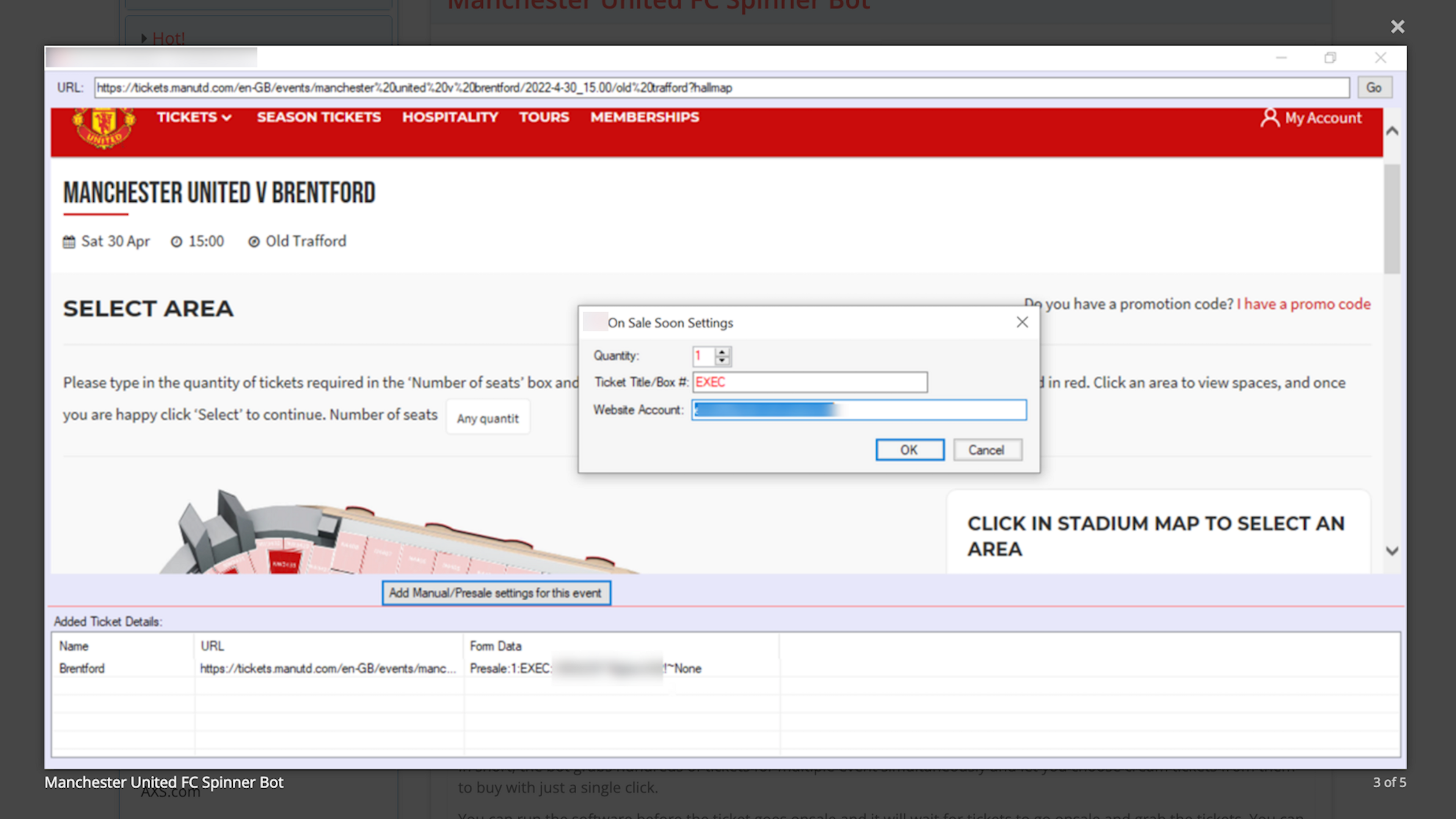
An archived version of this company's website shows ticket bot software in action
Ticket bots - '$9,900 for a package deal'
Despite being against the law, so-called ticket bots are another concern.
These computer programmes automate the official ticket buying process and allow touts to buy multiple tickets simultaneously.
Posing as a potential customer, we spoke to one company selling such technology.
They offered us software designed to target the ticket platforms of five Premier League clubs - Arsenal, Chelsea, Liverpool, Manchester United and Tottenham.
The bots were priced at $2,500 per club, or $9,900 for a package deal.
We were told we would need valid club memberships, but the software would let us join an online ticket queue up to 25 times simultaneously with a "basic licence".
If the clubs updated their security systems, the company promised "upgrades are included in the price".
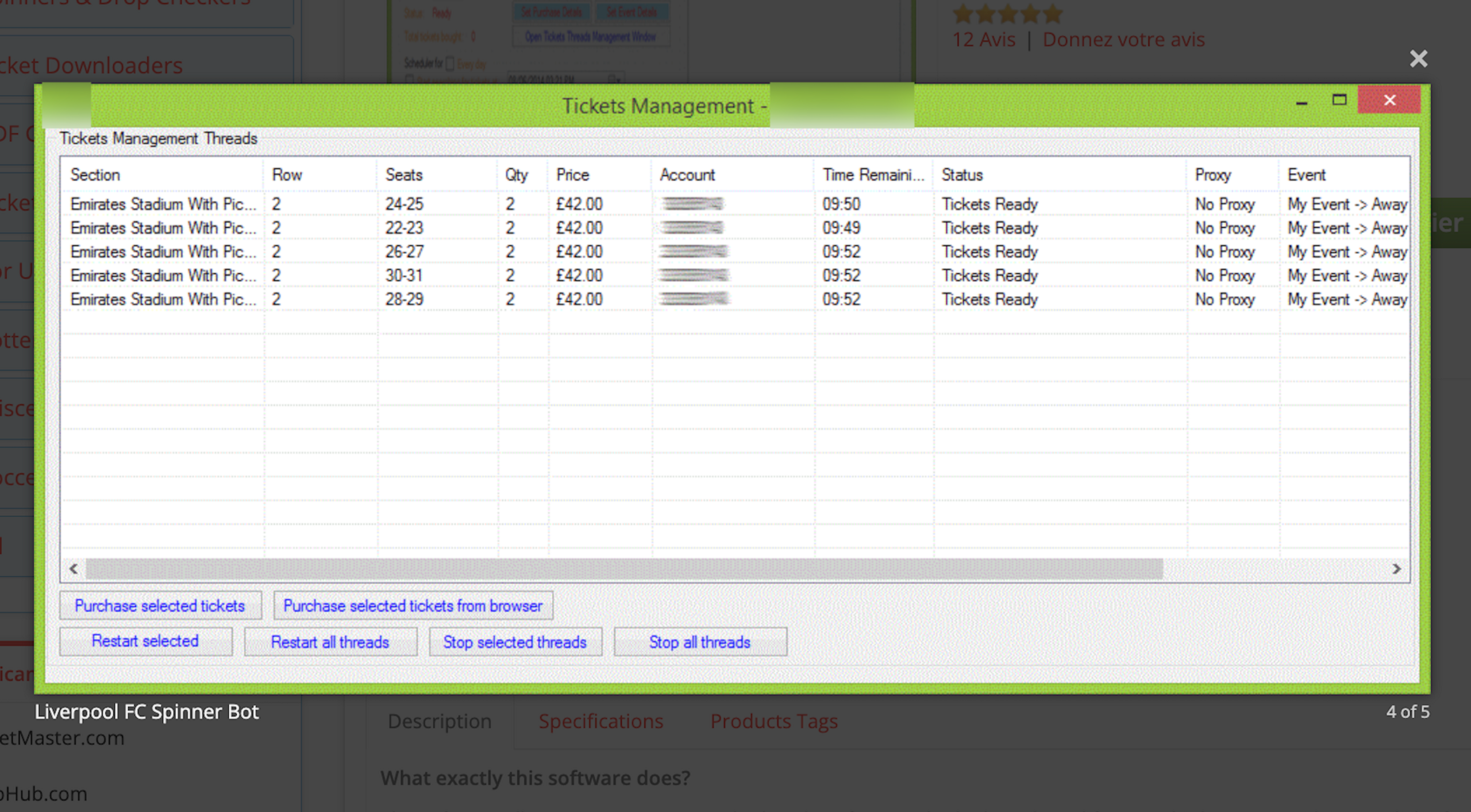 Image source, Screenshot
Image source, Screenshot
The company offered a "larger package" for those wanting to join a ticket queue more than 25 times simultaneously
What can be done about all of this?
The Premier League is already introducing new rules for digital ticketing which include the introduction of "encrypted barcodes".
They say this will make touting more difficult.
Banking app-style ID verification and a limit on the number of times a ticket can be transferred are two other solutions suggested by Manal Smith - former head of ticketing at Arsenal.
The government has announced plans to cap the price of resale tickets across sectors.
But the Football Supporters' Association said lawmakers need to go further.
"There seems to be a loophole where agencies are based abroad that needs to be looked at in terms of legislation," says FSA chair Tom Greatrex, who is a former Labour MP.
Walker also believes legislation targeted at the foreign companies is the answer.
"The legislation is not supranational. If you're outside the UK you don't commit an offence - that's something that a simple amendment would solve."
Walker called the battle between football's biggest clubs and ticket resellers an "arms race".
Our investigation suggests it's a race the clubs and regulators are currently losing.

 1 month ago
36
1 month ago
36



